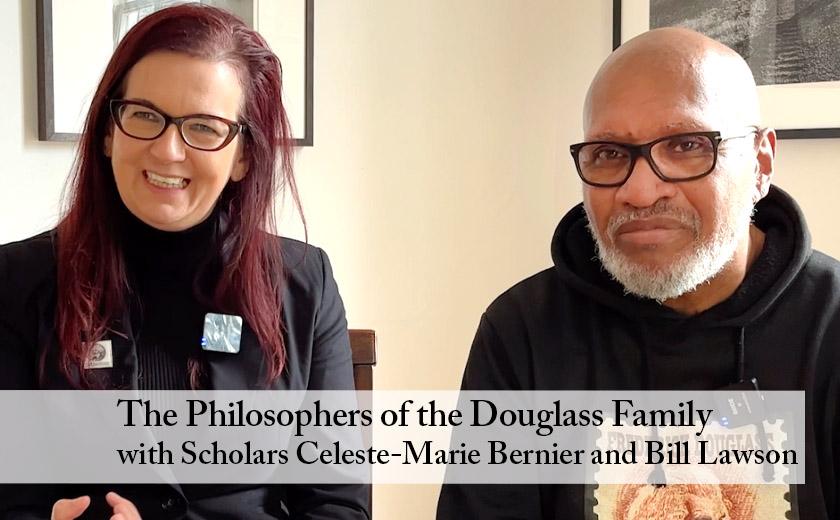Have you ever wondered what lies behind the formidable figure of Frederick Douglass, the renowned abolitionist and social reformer? Beyond the usual stories of his life as a slave and his escape to freedom, there lies a treasure trove of wisdom and philosophy that has long been overshadowed. Enter Bill Lawson, a distinguished professor of philosophy, and Celeste-Marie Bernier, a professor at the University of Edinburgh, who have joined forces to shed light on the Douglass family’s legacy as philosophers and egalitarian thinkers.
For too long, Frederick Douglass has been perceived as a mere talking head, but Lawson and Bernier’s research reveals that his speeches were in fact well-crafted philosophical arguments. Moreover, they discovered that the entire Douglass family contributed to this intellectual legacy. Anna Murray Douglass, Frederick’s wife, and their five children – Rosetta, Lewis, Henry, Frederick Jr., Charles, and Annie – were all involved in shaping their father’s thoughts and speeches.
What could have caused this misconception of the Douglass family’s contributions? Lawson and Bernier suggest that it could be due to a lack of in-depth reading of Frederick Douglass’s writings, as well as the historical context in which he lived. By keeping his family out of the limelight, Douglass was trying to protect them from the harsh scrutiny and attacks that he himself faced.
However, the Douglass family’s voice still rings through history, thanks to Frederick Douglass Jr.’s diligent efforts to preserve their thoughts and ideas in scrapbooks. These valuable records, filled with their philosophical musings, are now in the hands of Dr. Walter Evans, who has helped bring their legacy to light.
To celebrate and honor the Douglass family’s rich intellectual heritage, an exciting event hosted by Frederick Douglass Honor Society will take place on the 21st of the month at the Wye House in Talbot County. Esteemed scholars and activists, including Kenneth B. Morris Jr. (Anna Maria Douglass’s great-great-great-grandson), Ernestine Jenkins, and Kim F. Hall, will share their perspectives on the family’s impact on social justice and human rights.
Ernestine Jenkins, who has written extensively on Anna Murray Douglass, will discuss her idea of “photographs as vehicles of liberation,” while Kim F. Hall will explore the “methodology of liberation” inherent in the Douglass family’s activism. This gathering will not only honor the family’s revolutionary legacy but also help us better understand their significant contributions to shaping a more egalitarian world.
This video is approximately seven minutes in length. For tickets, which support the Frederick Douglass Honor Society Scholarship Fund, please go here.



Write a Letter to the Editor on this Article
We encourage readers to offer their point of view on this article by submitting the following form. Editing is sometimes necessary and is done at the discretion of the editorial staff.